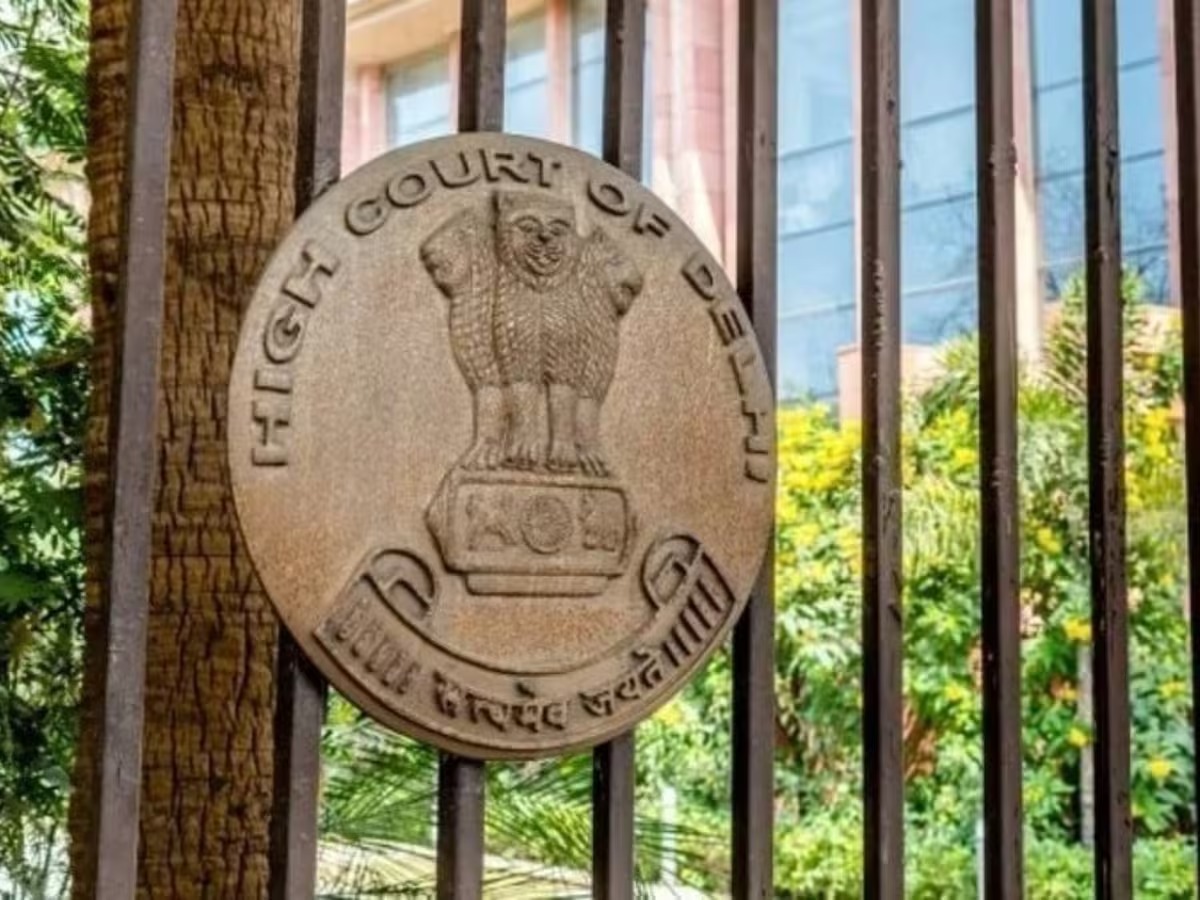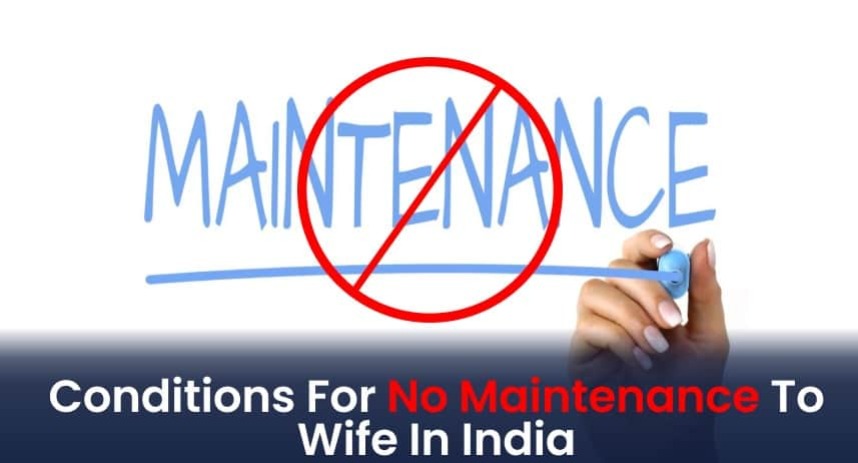G.C. Mathur, J.@mdashThis is a special appeal against the judgment of Broome, J., allowing the writ petition filed by respondent No. 1. K. K. Bose and quashing an order granting a hotel bar licence for the sale of foreign liquor in Form F. L. 6 to the appellant, Srimati Savitri Agarwal.
2. One J. K. Bose. uncle of respondent No. 1. was running the Great Indian Hotel in Lucknow and held a licence in Form F. L. 6 for the retail sale of foreign liquor since 1910. Respondent No. 1 had been assisting his uncle in the running of the hotel as well as of the bar. In 1961. J. K. Bose died. By his will, he left the hotel and the bar business mainly to his nephew. Respondent No. 1 applied for continuance of the bar licence in his name. A temporary licence was first granted to him but was later revoked on the around that liquor licences were not heritable and that respondent No. 1 had no preferential claim. Applications were then invited for the settlement of the licence held by the late J. K. Bose and a number of persons, including the appellant and respondent No. 1. applied for it. The excise authorities prepared a comparative chart of the qualifications of the various applicants and, in this chart, the qualifications of respondent No. 1 and of the appellant are mentioned thus:--
|
| |||||
|
S. No. |
Name, parentage & Address. |
Age on 1-4-82. |
Educational qualifications. |
Financial status. | |
|
1 |
2 |
3 |
4 |
5 | |
|
| |||||
|
6. |
Sri K K. Bose S/o late '' Sri M. K. Bose R/o Bose Buildings, Vidhan Sahha Marg, Lucknow and Sri V. D. Eremao No.1 Evelyn Lodge, Station Road, LKO. |
Executors and principal beneficiaries under the will left by Sri J. XI Bose | |||
|
7. |
Srimati Savitri Devt Agarwal, Radha Kunf, 55 Purana Qila, Luc-know. |
36 years |
Well conversant in Hindi. |
Has enough financial resources and can invest sufficient amount. | |
|
Past experience in the excise business. |
Particulars of the proprietary rights of the applicant over the premises to be utilised for the lodging and entertainment of travellers. |
Any other information. |
Remarks. | ||
|
| |||||
|
6 |
7 |
8 |
9 | ||
|
| |||||
|
Has been Intimately connected with and concerned in the business for the last about 20 years. |
Building of Great Indian Hotel Latouche Road. |
Real nephew of Sri J. K. Bose deceased licensee. |
�� | ||
|
Remained In the midst of healthy business atmosphere of her family members. |
A building well suited for hotel and bar will he arranged in Aminabad or its vicinity. |
____ |
____ | ||
From a comparison of the relevant qualifications it is apparent that respondent No. 1 had a much better claim to the licence than the appellant. But a note was put up by the District Excise Officer which stated:--
"Under Rule 582 of the Excise Manual. Vol. 1. the D. C. is empowered to settle the licence. Out of the applicants No. 1 Smt. Rama Devi and No. 7 Smt. Savitri Devi Agarwal in the chart are ladies. Going through the list of the applicants, I find that the cases of Nos. 1 and 7 deserve sympathetic consideration as they are ladies. No. 6 is the real nephew of Sri J. K. Bose. the deceased licensee. Government have clearly stated that such licences being personal they cease with the death of the licensee and as such they are not to devolve on the basis of heirship.
In my opinion, this licence should be settled with one of the ladies who definitely deserve better consideration. Out of the two ladies, the claim of No. 7 is obviously much better. She is a literate woman and has enough financial resources for carrying out the business. She has also stated that she would be in a position to have a building for starting the bar, I would strongly recommend that this licence may be settled with Smt. Savitri Devi Agarwal, Radha Kunj, Purana Qila, Lucknow".
This recommendation was accepted and the licence was directed to be issued to the appellant. Against the grant of this licence respondent No. 1 filed a writ petition in this Court which was allowed by Broome. J. Only the appellant has preferred an appeal against the judgment and the State and the excise authorities have not preferred any appeal.
3. The learned Single Judge has held that the qualifications and merits of respondent No. 1 were not weighed by the excise authorities against those of the other applicants and that the licence was granted to the appellant on the irrelevant consideration that she was a woman. He has also observed that the real reason for the grant of the licence to the appellant was the political affiliation of her husband who was an accountant in the office of the U. P. State Congress Committee.
4. The only point urged by Sri Shanti Bhughan, learned counsel for the appellant, is that the licence was not granted on an irrelevant consideration as Article 15(3) of the Constitution permits a woman applicant to be preferred to a male applicant on the ground of sex alone. The relevant part of Article 15 stands thus:--
"15(1) The State shall not discriminate, against any citizen on grounds only of religion, race, caste, sex, place of birth or any of them.
(2) .....
(3) Nothing in this Article shall prevent the State from making any special provision for women and children.
(4) Nothing in this Article or in Clause (2) of Article 29 shall prevent the State from making any special provision for the advancement of any socially and educationally backward classes of citizens or for the Scheduled Castes and the Scheduled Tribes".
The contention is that the taking of the decision to prefer women applicants for the licence to male applicants amounts to making a special provision for women, as contemplated by Article 15(3). We are unable to accept this contention.
5. It is true that the special provisions contemplated by Clauses (3) and (4) of Article 15 may be made either by a legislative enactment or by an executive order. See
6. Article 15(1) forbids discrimination on the ground of sex but Article 15(3), which is in the nature of a proviso to Article 15(1). permits discrimination in favour of women and children by the State if it makes a special provision therefor. It does not permit such discrimination unless a special provision is made for the purpose. Since it is the special provision which enables the State to do what would otherwise have been unconstitutional, the special provision must be distinct from the action and the making thereof must precede the action sought to be justified thereunder. The use of the word ''provision'' also indicates that the special provision must be made before a legal discrimination in favour of women or children can be made. In the Webster Twentieth Century Dictionary, two of the meanings given to the word ''provision'' are:--
(1) something provided, prepared or supplied for the future; and
(2) preparatory arrangement or measure taken in advance for meeting some future needs.
It thus appears that the special provision is to be made, so that it may be applied to cases or matters which have not yet been decided.
7. The effect of Article 15(3) is that any special provision made for women or children cannot be challenged on the ground that there is no reasonable basis for the classification having regard to the object of the provision; such a provision is protected from attack on the ground of contravention of Articles 14 and 15(1). The special provision must be for benefiting generally women or children as a class. The word ''provision'' includes within its meaning a legislative enactment, a rule, a regulation and a general order and it is in this sense that it has been used in Article 15(3). What Article 15(3) contemplates is the making of special provision for women as a class and not the making of provision for an individual woman. It is not possible to read the word ''provision'' as including a decision given in a particular case or matter as it can lead to arbitrary and anomalous results. If that could be done, then an officer, before whom three cases are pending, may give preference to women in one, to a member of the scheduled caste or tribe in another and to the most deserving person only in the remaining case; or he may give preference to women in all the cases or to members of the scheduled castes and tribes in all the cases or may decide all the cases on merits. Such a result was not intended by the Constitution makers.
8. The decision of the excise authorities taken at the time of the disposal of the applications for the licence to prefer women applicants to men applicants cannot amount to making a special provision for women and cannot claim the protection of Article 15(3). Since no special provision had been made for women in respect of the grant of liquor licences, the grant of the licence to the appellant only on the ground that she was a woman was not only made on an irrelevant ground but was also discriminative and violative of Article 15(1).
9. The appeal is without force and is hereby dismissed. The appellant will pay the costs of respondent No. 1 in this appeal. The stay order is vacated.

